After our recent post on farmer protests in Germany, a wave of demonstrations has swept across Europe, with France now taking centre stage in media attention. This surge underscores the depth of the frustration felt within the farming community and highlights the increasingly urgent need for action regarding the government’s new subsidy proposal.
The French government is struggling to deal with the scale and intensity of grassroots farmer demonstrations. These have been marked by blockades using bales of hay and tractors, protests such as spraying manure on public buildings and supermarkets, stopping trucks from entering the country via international motorways, as well as more violent incidents. However, these events go beyond national borders, and examples of farmers’ discontent are visible all across Europe.
We know farmers have been discontent for a while, but why are they hitting the streets now?
The farming industry is contesting the strategy of greening European agriculture simply by removing subsidies and tax breaks. France — as the EU’s largest agricultural producer — is also the biggest beneficiary of the Common Agricultural Policy (CAP), receiving €9 billion a year in aid. The current subsidy system creates a long-term dependency on financial aid, essentially making it impossible for farmers to operate without it.
It’s worth remembering that 21% of greenhouse gases come from the agricultural sector in France, according to figures from the Ministry of Agriculture. Conventional farming practices are undoubtedly harmful to the environment, and it is essential to shift away from them. However, we cannot expect farmers to produce more, at a cheaper cost and use fewer chemicals while giving up land to promote biodiversity. We cannot ask them to reduce emissions and improve the long-term resilience of their crops while they battle the consequences of extreme climate events, without giving them any means or support to do this. The incoherency of the requests put on the industry has been rightfully called out.
At the centre of these protests is the need to reevaluate the subsidy systems for farmers, as governments try to shift towards greener practices that reduce the negative impact of agriculture on the environment. Additionally, as crops face reduced yields due to factors such as deteriorating soil, water scarcity, and increasingly difficult weather conditions, it is essential to prioritise a transition towards more regenerative and therefore more resilient farming practices. For this, a context-specific and local approach is necessary. Subsidies can no longer be used as regular support for farmers with no specific end or goal in sight, but need to be targeted towards an objective, that when reached will make them redundant: ensuring farms are resilient enough to face climate change as well as being an active part in counteracting its effects, all the while maintaining a financially stable business. Producers in the farming industry are the first to see and deal with the consequences of climate change, as it directly impacts their work and their health. Therefore, they serve as a warning bell, sounding the alarm for what to expect later on down the line.
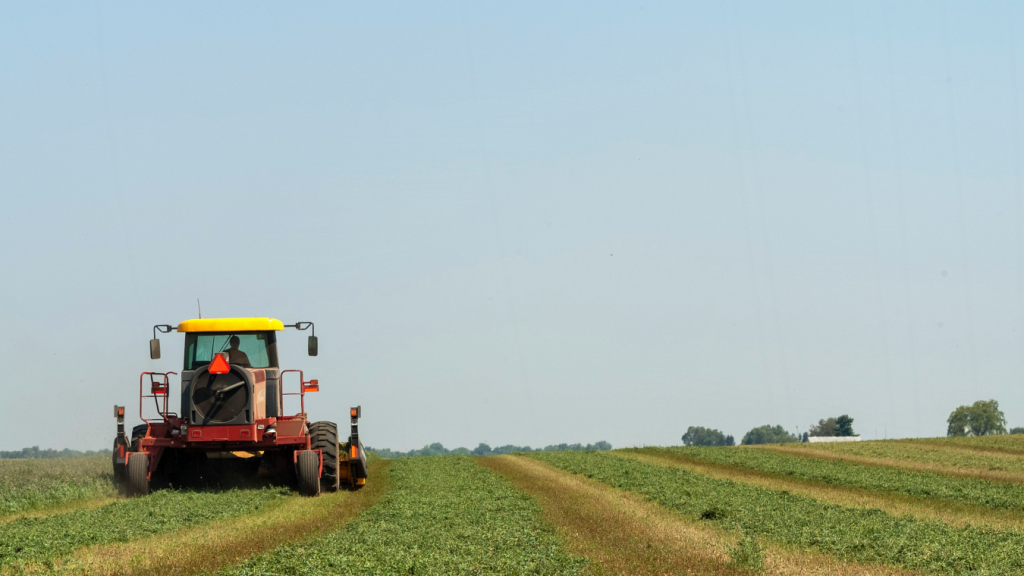
Holding each other accountable
Another critical issue at the heart of these protests is a call for justice against the large supermarkets accused of unfair practices and pricing. As we witness these events unfold, it becomes increasingly evident that a fundamental shift in the distribution landscape is urgently needed. Some laws do exist already, such as the “loi Egalim” in France that aims to improve the balance of trade relations in the agricultural and food sectors and ensure fair pricing for farmers, but it isn’t enough. New measures need to be set, and existing ones need to be better applied, to avoid imbalanced power dynamics between farmers, distributors and retailers, especially considering that just ten supermarket brands account for over half of all food retail sales in the European Union. This also comes down to the consumers, who need to understand the true cost of food and apply pressure from their side to create a demand for more sustainable solutions that reduce the negative impact of our food supply system, and perhaps most importantly, allow fair pricing for farmers.
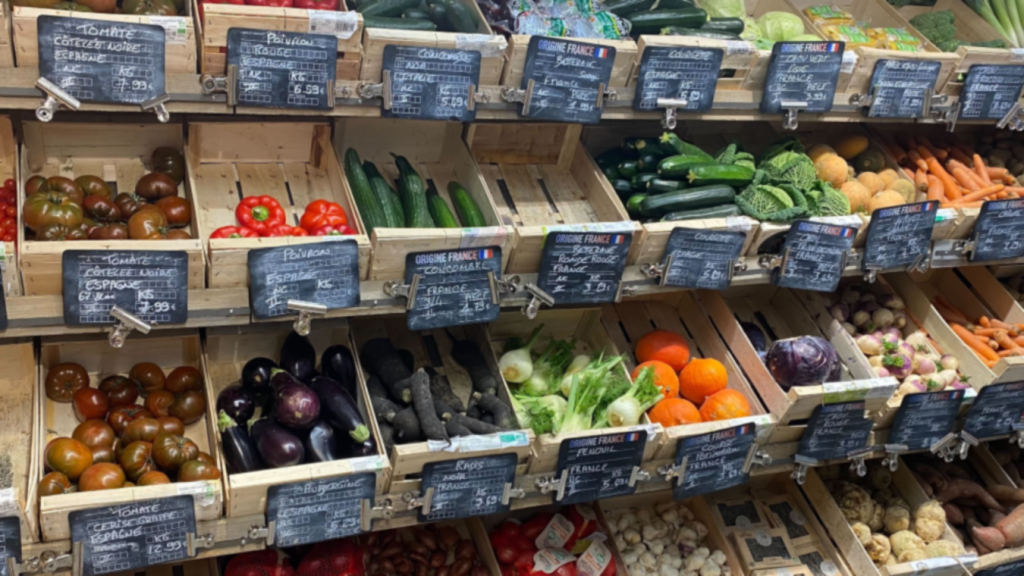
A wake-up call long overdue
It is clear to see, through these protests, that farmers feel they can no longer carry on within the current system. Considering that, out of the 9.1 million farms in the EU in 2020, an estimated 93% can be classified as family farms, the consequences of the new legislation could be devastating, potentially forcing many small-scale producers to sell their farms and increasing the financial pressure on others.
The events of the last few weeks should serve to us all as a collective “wake-up call” to remind us that as a society, we need to support the communities who feed us. The problems raised by the farming community need to be taken seriously and addressed within the shortest delays possible. Let’s take advantage of the new CAP discussions happening this year to contact and apply pressure on the decision-makers to completely rewrite the role of subsidies in this industry, to create a financially stable, fair and sustainable agro-food industry. If we are to imagine a greener future, or in fact any future at all, agriculture has to be a central part of it, and farmers need to be supported — instead of blamed or pressured — in their transition to more sustainable practices. Farmers all over the EU are raising their voices, and we need to make sure they are heard.
What do our farmers have to say about it?
Here is a letter that our farmer Adrien Mazet from the Altermonts farm has shared with us. We thought it was essential for us to also share the words of our farmers to have information straight from the source.
“Dear CrowdFarmer,
At the moment, the farming world is feeling a deep sense of unease as a result of blockades across France and Europe. Even though we’ve never met before, you’re supporting us by buying our cheeses on Crowdfarming, and with this message, I’d like to share with you my vision, or rather the vision of us AlterMonts farmers, of this agricultural crisis.
The unease felt in our profession is real and we sometimes share it, particularly when it comes to the selling prices of our products in the long supply chain, which do not cover production costs, but this is only the result of an ultra-liberal policy pursued since the end of the Second World War aimed at offering low-cost food products while enriching the stock market traders!
We also share the fact that the number of hours spent on our farms exercising the profession we are passionate about is sometimes too high, but we could remedy this by creating jobs if our products were paid their fair value!
Another of our major concerns, which has received little coverage in the media, is the renewal of the workforce of farmers, who are the first link in the vitality of our rural areas! In 1980 there were 1 million of us in France, 40 years later there are only 380,000, and the age pyramid means that one in 2 farmers will retire in the next 10 years… what a social plan!
Nevertheless, we do not share all the demands made by the current movement, especially by the FNSEA, whose president, an agribusinessman, does not seem to us to represent the farming world at all! The point about administrative red tape exists, but as farmers, we are all entrepreneurs and the amount of administrative tasks we have to do is probably linked to this fact. We are indeed controlled by the institutions, including the European ones, but every year the farming world receives several billion euros to try and make it survive, creating huge inequalities between productions… even if this system is despicable, we think it’s normal for controls to be carried out given the sums involved!
Last but not least, we do not share the belief that the solution to the current crisis lies in lowering environmental standards! Indeed, while we are the first to suffer the effects of climate change, and scientists have been warning of this for 10 or so years, and contrary to what our President of the Republic claims, the climatic events we have experienced and are about to experience were foreseeable and even predicted! At a time when the number of cancers is exploding worldwide, who can really believe that the abandonment of the ECOPHYTO project (a project aimed at regulating and limiting the use of pesticides) as announced as a solution to the crisis, can be good news?
We are committed to organic and small-scale farming, and we believe that it is by strengthening the specifications that we will enable the profession to make a decent living! Of course, for this to be coherent, we need to get away from the ultra-liberal vision of food and free trade agreements and ensure that products sold in France and Europe all comply with the same standards and that they are not geared towards the lowest bidder and that our production costs be included in the selling price.
We’d like to end this message by thanking all of you who have chosen to support us by buying our products! At AlterMonts, we have chosen to take control of the entire chain by processing and selling our products, and it’s thanks to you that we are able to demonstrate that organic, small-scale farming is possible. Together, we are proving that citizens, through their purchasing decisions, can influence agricultural policy and enable farmers to meet the challenges of the 21st century, which are no longer those of the 20th!
We don’t claim that our model should be imposed on everyone tomorrow, but we do believe that it is part of the solution!”
Farmer Adrien Mazet, AlterMonts farm
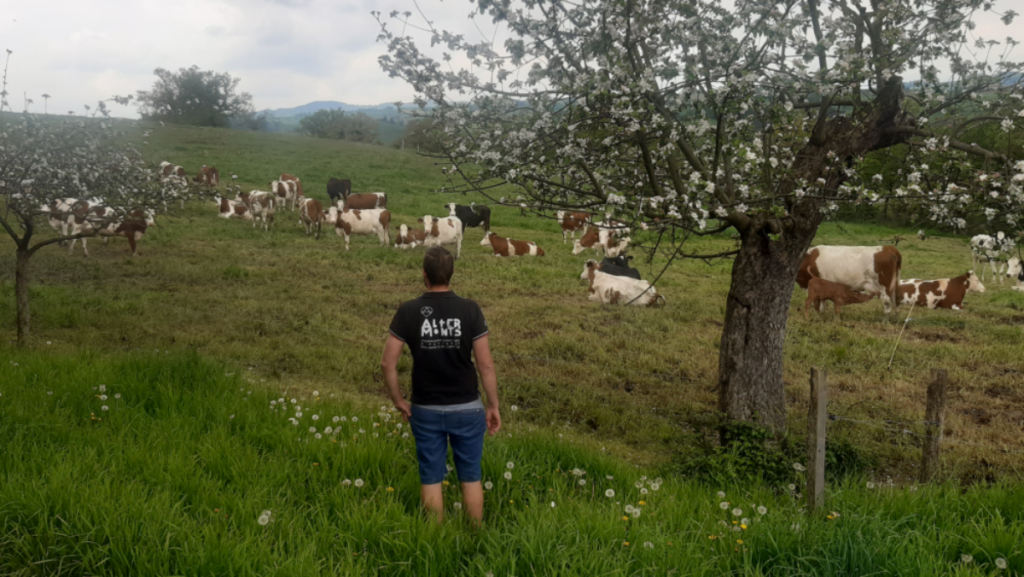



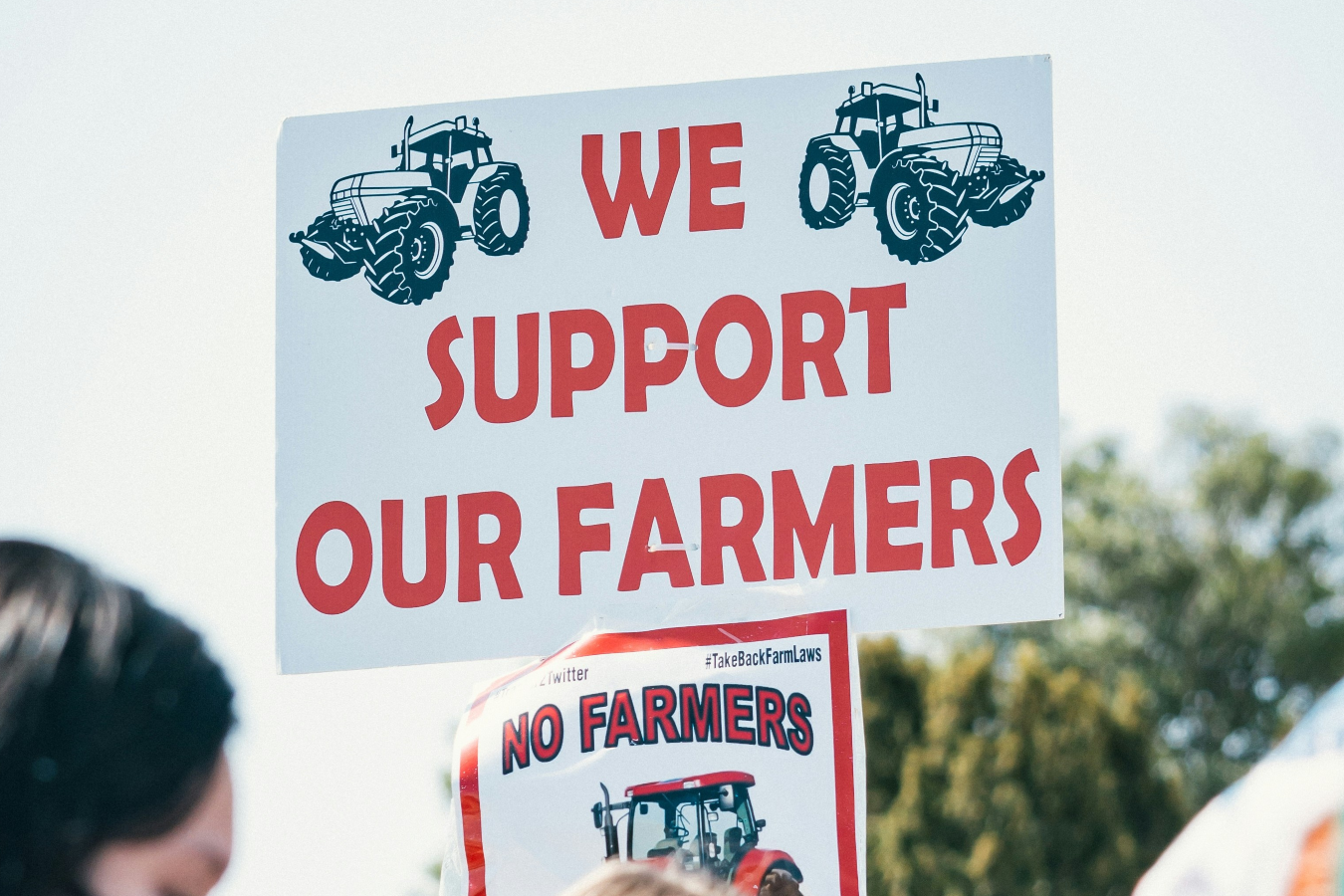
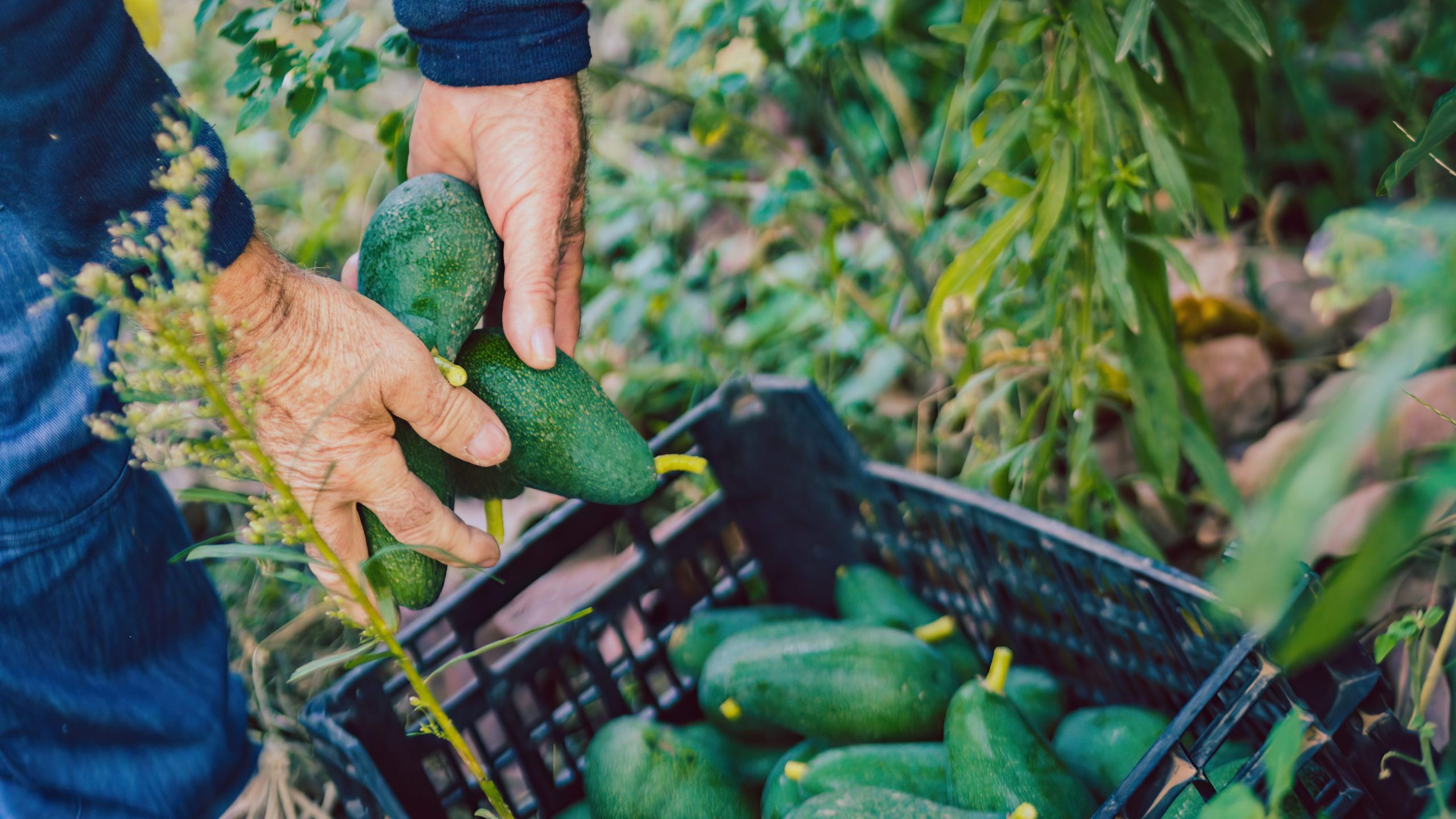

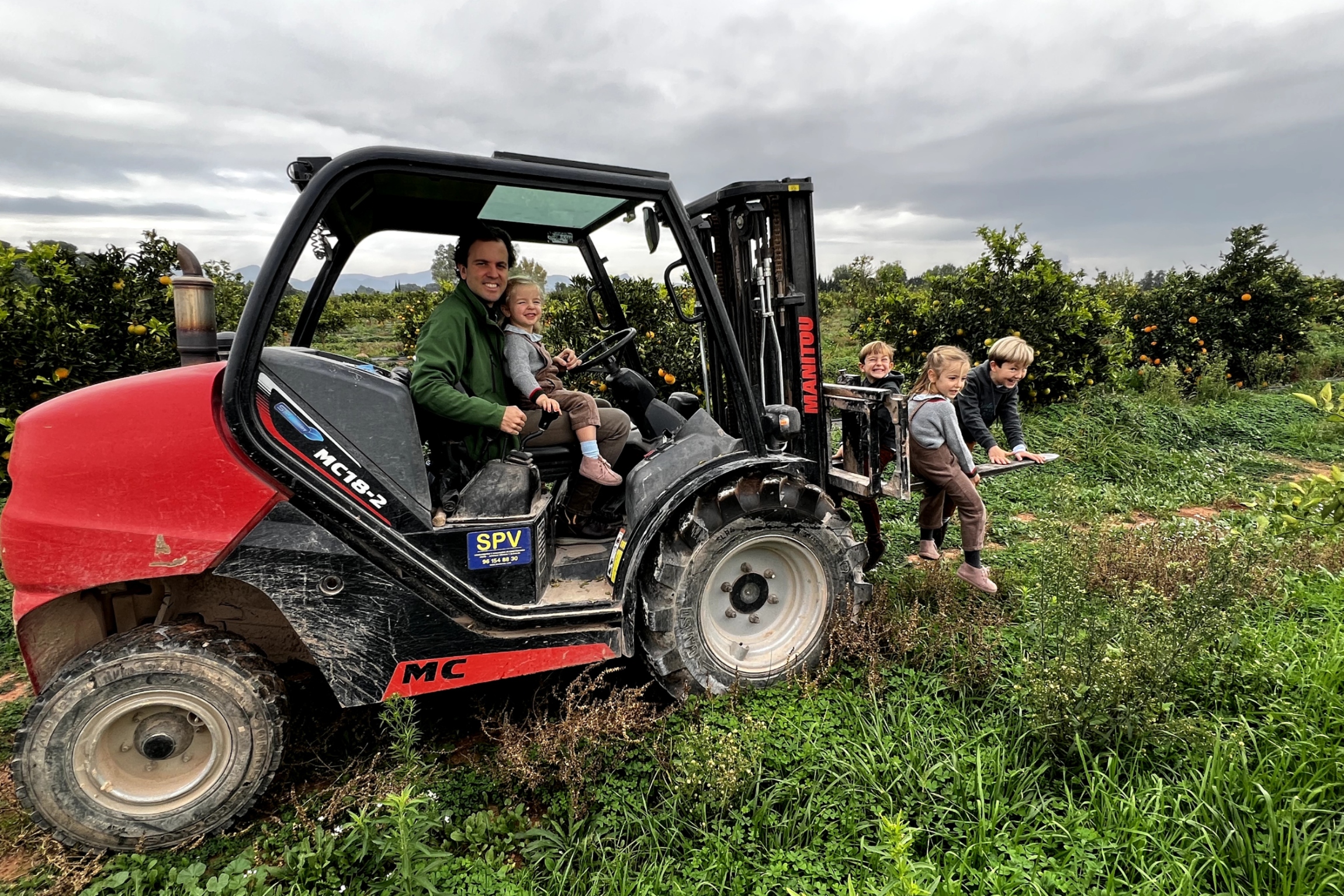
Comments
Please note that we will only respond to comments related to this blog post.